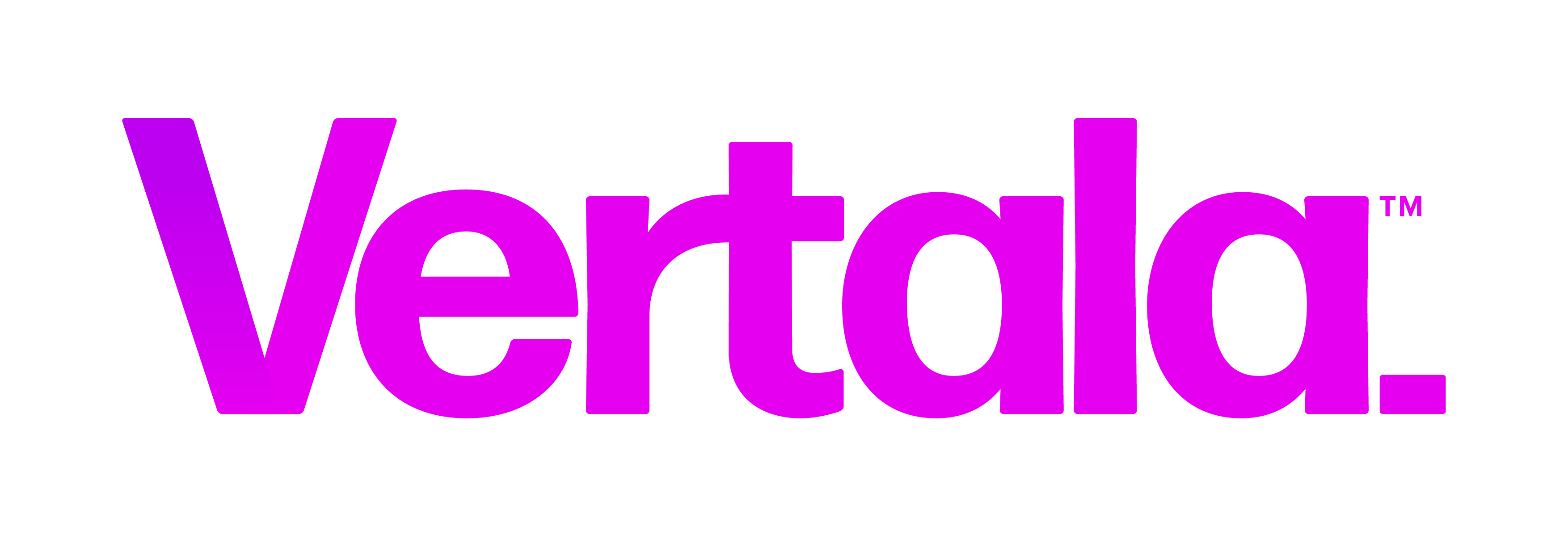
Back to Customer Stories
Ginger Owl
Modern Cloud-Native Event Platform Driving Client Growth and Operational Agility
October 12, 2025
0
min reading time

About
Industry
SaaS: Event Services
- Leading event management company supporting global tours and live entertainment.
- Manages logistics, accreditation, and onsite systems for live events.
- Trusted by music labels, promoters, and production partners.
- Focused on technology innovation and operational excellence.
Story Snapshot
- Modernized Ginger Owl’s event management platform into a scalable, cloud-native SaaS.
- Streamlined complex operations across artists, venues, and global event logistics.
- Enabled new client growth through faster delivery and improved reliability.
- Delivered by Uptic’s Product & Platform Team using agile, modular delivery.
Global live event attendance has surged 30% since 2022, driving demand for digital platforms that can scale operations, logistics, and security.
— Event Technology Report
INTRODUCTION
Ginger Owl partnered with Uptic to modernize its event platform into a cloud-native solution—delivering speed, scale, and seamless client onboarding.
Background
Ginger Owl has built a reputation as one of the most trusted names in event management — powering accreditation, logistics, and data systems for the world’s biggest tours and festivals. But as event complexity and data volumes grew, the legacy systems that powered their operations struggled to keep up.
The company’s custom-built platform had evolved rapidly over the years, but its architecture limited scalability and slowed feature delivery. Meanwhile, the business was expanding internationally — and needed a modern, cloud-native platform capable of supporting a growing roster of clients and multi-region deployments.
To realize this vision, Ginger Owl partnered with Uptic to modernize their platform and deliver a foundation for sustained growth, operational agility, and innovation.
Challenge
The legacy event platform was deeply integrated into Ginger Owl’s day-to-day operations — managing artist schedules, credentials, and logistics for global tours. While functional, it had become inflexible and difficult to scale.
Manual processes, fragmented data models, and limited automation made onboarding new clients and venues slow. The system required significant manual configuration for each new event and lacked the resilience and performance expected by large enterprise customers.
To maintain growth momentum and improve operational efficiency, Ginger Owl needed a secure, cloud-native solution that could scale on demand, streamline workflows, and enable new client onboarding without developer intervention.
Ginger Owl's GOAllAreas application is one of the markets leading event services platforms which fulfils our client's needs end-to-end. This truly differentiates our business” - Director, Ginger Owl
Solution
Uptic deployed a Product & Platform Team to design, modernize, and rebuild Ginger Owl’s event platform as a modular, cloud-native SaaS. This delivery model combined UX design, software engineering, DevOps, and QA into a single, outcome-focused team — rolling specialists on and off as needed to accelerate delivery.
From the outset, the modernization was guided by Domain-Driven Design (DDD) principles — breaking down the platform into clearly defined business domains such as accreditation, logistics, and reporting. This approach ensured that each service mapped directly to real-world event operations, improving maintainability, scalability, and alignment between business goals and technical architecture.
- Cloud-Native Architecture (Azure): Migrated from legacy hosting to a containerized microservices environment for resilience and scalability.
- Automated CI/CD Pipelines: Established full release automation, reducing deployment time from days to hours.
- Modular Platform Design: Created independent services for key event workflows — accreditation, logistics, and reporting — improving agility.
- Data Integration & APIs: Unified data sources and APIs for partner systems and real-time analytics.
- Improved UI/UX: Delivered a streamlined interface with faster, more intuitive workflows for internal teams and clients.
This modernization not only future-proofed the platform but also positioned Ginger Owl to support faster client onboarding and international growth.
Domain Driven Design (DDD) is a modern approach to software development that focuses on a deep understanding of the business domain and then constructing software based on that understanding. Instead of just focusing on the technical aspects of programming, DDD prioritizes collaboration between developers and domain experts (people who understand the business or problem).
Outcomes
The modernization transformed a static, costly legacy system into a high-performance, cloud-native platform — dramatically improving efficiency, scalability, and sustainability.
- Accelerated client onboarding: Reduced setup time for new clients by 75%.
- Improved performance: Platform uptime and responsiveness improved by over 60%.
- Operational efficiency: Automation eliminated hundreds of hours of manual admin work.
- Scalable foundation: Infrastructure now supports multi-region deployments and peak event loads.
- Business growth: Enabled expansion into new markets and partnerships through platform reliability and speed.
Share this post





%201.png)


